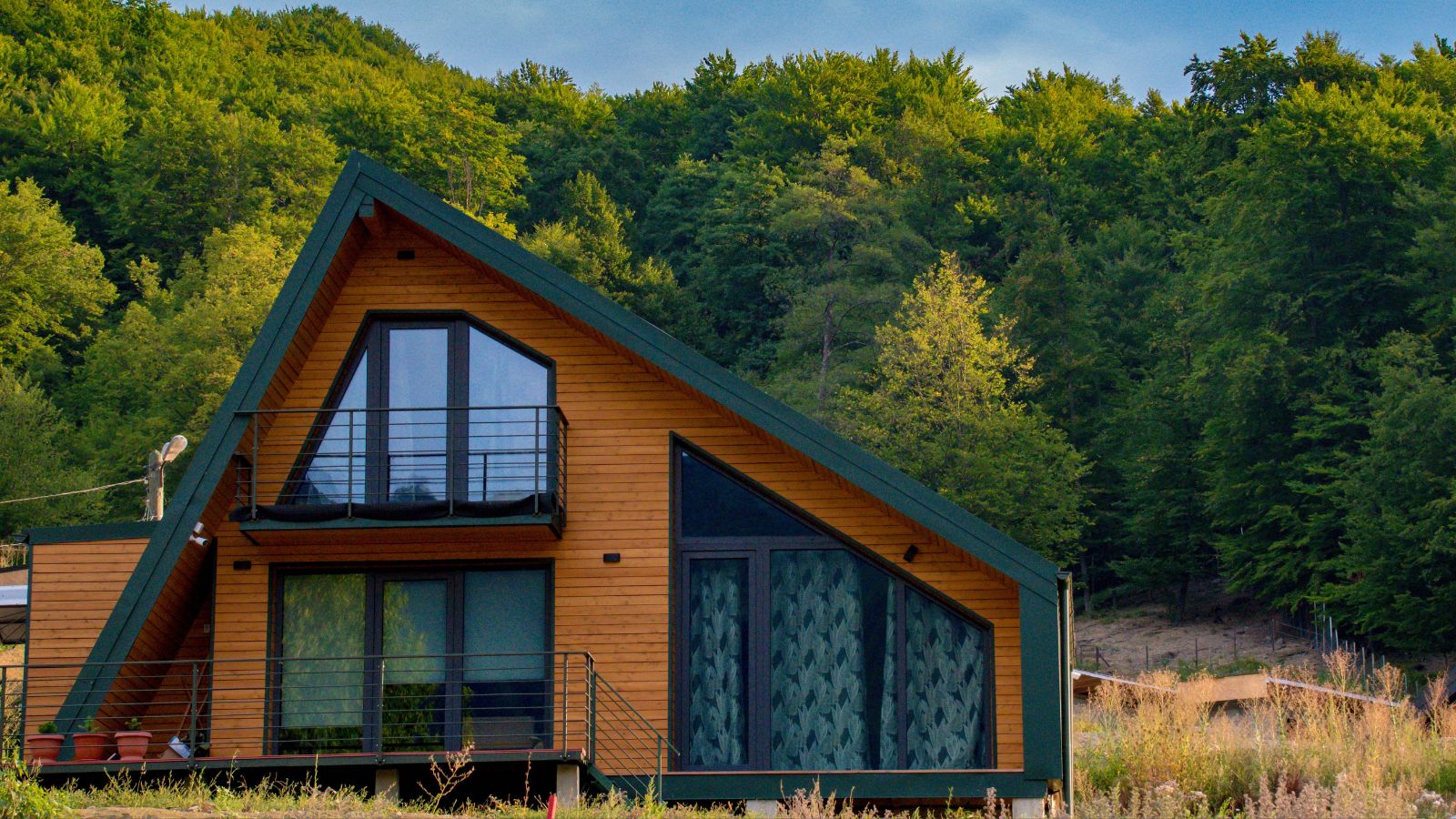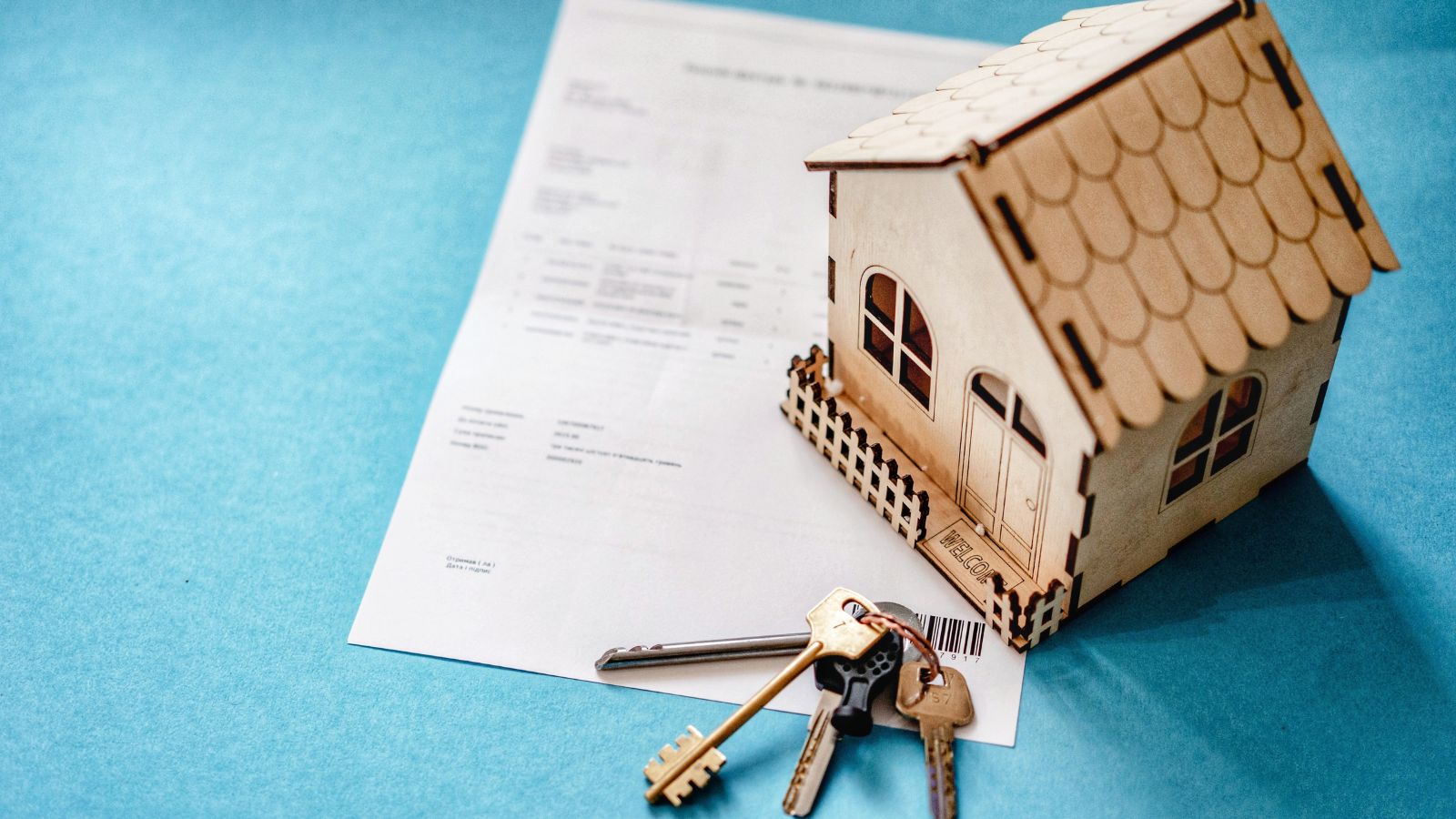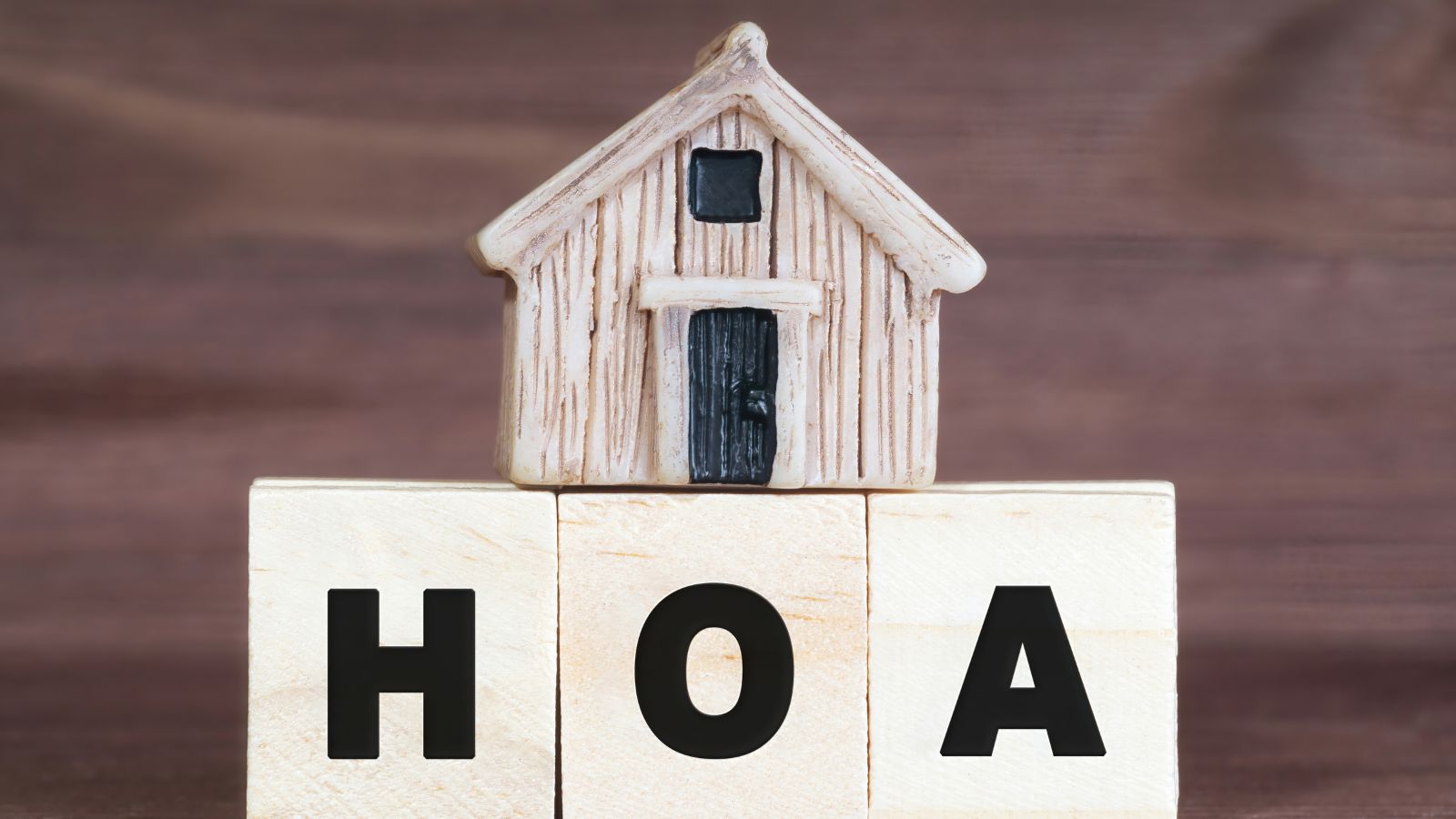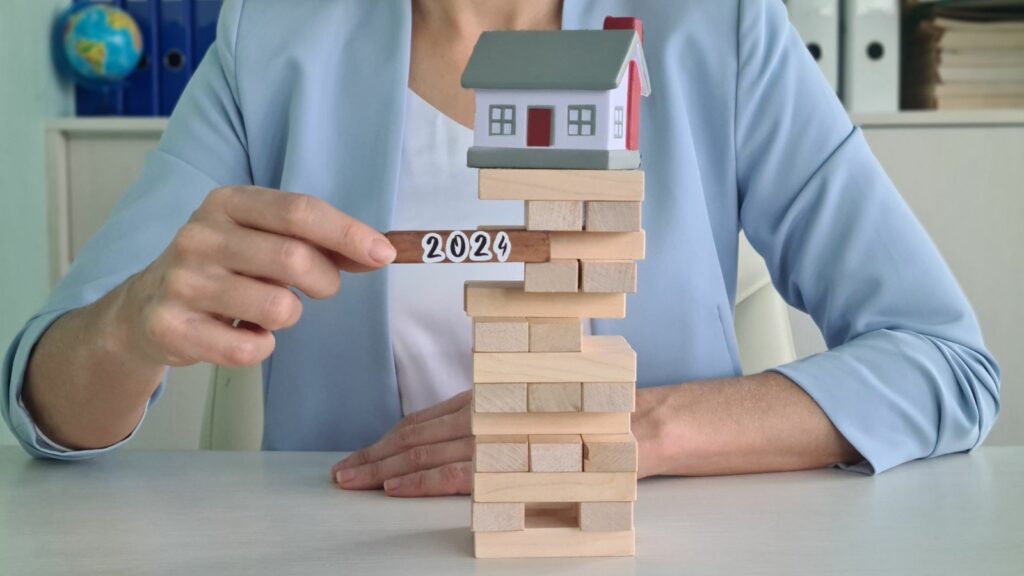Owning property has always been a cornerstone of personal security and financial growth. However, the way we view and approach real estate is changing dramatically. In 2025, new trends, technological advancements, and economic challenges are reshaping the real estate landscape. Whether you’re a homeowner, a buyer, or just curious about where the market is heading, here are 20 realities you should know about owning property this year.
Remote Work is Changing Where People Want to Live

With so many of us now working from home, location isn’t tied to our jobs like it used to be. Suburban and rural areas are more popular than ever as people trade city convenience for bigger spaces and quieter surroundings. Homes with home offices or flexible layouts are especially hot on the market.
Smart Homes Are Becoming a Must-Have

Smart home tech isn’t just a bonus anymore—it’s expected. Buyers want homes with energy-efficient systems, smart security features, and voice-activated devices. These upgrades make life easier and save money in the long run, making them a win-win for homeowners.
Sustainability is Front and Center

Green living is no longer a trend; it’s becoming the norm. Buyers seek homes with eco-friendly designs, like solar panels, energy-efficient windows, and sustainable building materials. If you’re selling, showcasing these features can make your property stand out.
Rising Interest Rates Are Shaking Things Up

Interest rates have been climbing, making mortgages more expensive and shrinking budgets for many buyers. People are becoming creative with financing options, exploring alternatives such as adjustable-rate mortgages and extended loan terms to make homeownership achievable.
Multifamily Homes Are on the Rise

For buyers and investors alike, multifamily properties are a smart option. They offer living space and rental income all in one. Families and friends are teaming up to buy these properties, sharing the costs and benefits.
Homes Need to Be Ready for Extreme Weather

With climate change increasing the frequency of floods, wildfires, and storms, buyers want homes that can withstand nature’s surprises. Features like flood barriers, hurricane-proof windows, and fire-resistant materials aren’t just nice to have—they’re becoming essentials in some areas.
Virtual Home Tours Are Here to Stay

Virtual and 3D home tours are now a standard buying process. They let potential buyers explore properties from anywhere, saving time and expanding options. For sellers, having a great virtual tour can make all the difference in getting noticed.
Sharing Homes is Becoming Normal

Co-ownership is taking off to make homeownership affordable in high-priced markets. Friends, family members, or strangers pool resources to buy homes together. It’s an innovative way to make big investments more manageable.
Short-Term Rentals Can Be a Goldmine

Owning a home in a desirable location can provide a steady income. Platforms like Airbnb allow homeowners to capitalize on their properties. Whether it’s a guesthouse or an extra room, short-term rentals enable property owners to maximize their investments.
Smaller Homes Are Gaining Appeal

Bigger isn’t always better. Tiny homes and minimalist spaces are becoming popular, especially with younger buyers who want affordability and simplicity. These homes are often cleverly designed to maximize every square inch.
Blockchain is Simplifying Real Estate

If you’ve heard of blockchain but thought it was just for cryptocurrency, think again. It’s now being used to make property transactions safer and faster. Digital contracts reduce fraud and cut through the usual red tape of buying and selling homes.
You Don’t Need to Be in the Room to Close a Deal

Remote closings have become standard practices. Buyers and sellers can now finalize deals from anywhere using digital signing platforms, making the process smoother and less stressful for everyone involved.
Local Zoning Laws Are Getting Stricter

In some areas, new zoning laws tighten what can and can’t be built. While this helps manage urban growth, it can also make it harder for developers to create new housing. Check local regulations first if you’re planning to build or renovate.
Maintenance Costs Are Going Up

With inflation driving up the cost of materials and labor, keeping up with repairs and renovations is pricier than ever. Homeowners are looking for ways to save, whether through DIY projects or preventative maintenance, to avoid bigger issues down the road.
Gen Z is Buying Homes—On Their Terms

Don’t underestimate the youngest generation of buyers. Gen Z is making its mark with a focus on smaller, more affordable properties and a strong preference for eco-friendly features. They’re proving that you don’t need to wait until you’re older to invest in real estate.
City Living is Making a Comeback

While the pandemic saw a mass exodus to the suburbs, city living is back on the radar. Urban properties offer access to public transportation, restaurants, and cultural attractions, making them appealing again. However, space and affordability still weigh heavily in buyers’ decisions.
Modular Homes Are the Future

Modular homes, constructed in sections and assembled on-site, are becoming increasingly popular due to their quick construction, affordability, and sustainability. They offer a modern design without the typical construction challenges.
International Buyers Are Returning

Foreign investors are once again eyeing the U.S. real estate market. This is especially true in the luxury sector and major cities, where international buyers are adding competition and driving prices higher.
HOAs Are Getting More Involved

Homeowners associations (HOAs) are stepping up their rules, influencing everything from home renovations to rental policies. While they help maintain community standards, it’s important to know what you’re signing up for before buying in an HOA-governed area.
Real Estate is All About Location—More Than Ever

The saying “real estate is local” has never been truer. What’s happening in one neighborhood might not reflect trends just a few miles away. Understanding your local market is key, whether buying, selling, or investing.
Conclusion

Owning property in 2024 presents several new challenges and opportunities. Homeowners and buyers need to stay informed as the real estate market evolves. This includes adjusting to higher interest rates, embracing sustainability, and navigating digital advancements like blockchain. While the market is changing, there is still great potential for those willing to adapt. By staying aware of these emerging trends, you can make smarter decisions and fully capitalize on the opportunities available in today’s market.
25 Countries Predicted to Become Economic Superpowers in the Next 20 Years

The strength of an economy plays a crucial role in various international policies about trade and relations. Certain factors determine the strength of an economy, including population growth, availability of resources, and development and advancement. Here are 25 countries predicted to become economic superpowers in the next 20 years
25 Countries Predicted to Become Economic Superpowers in the Next 20 Years
